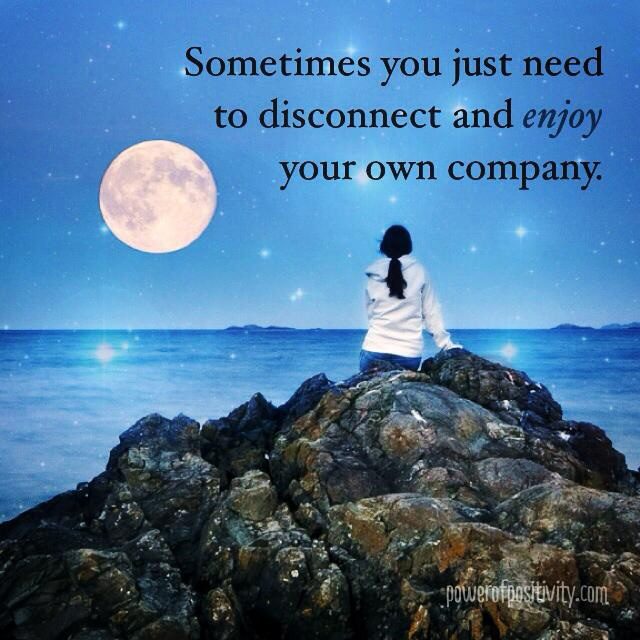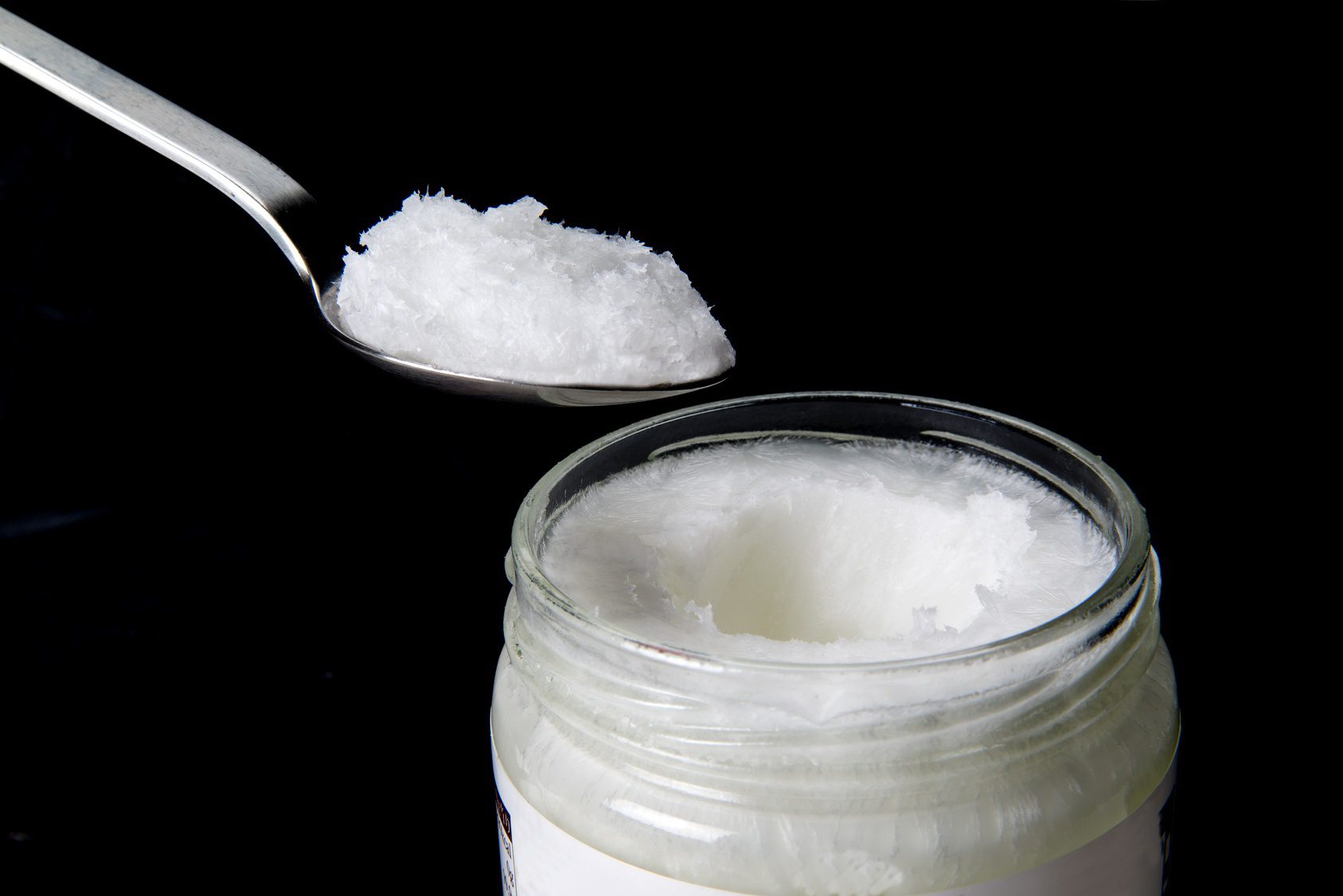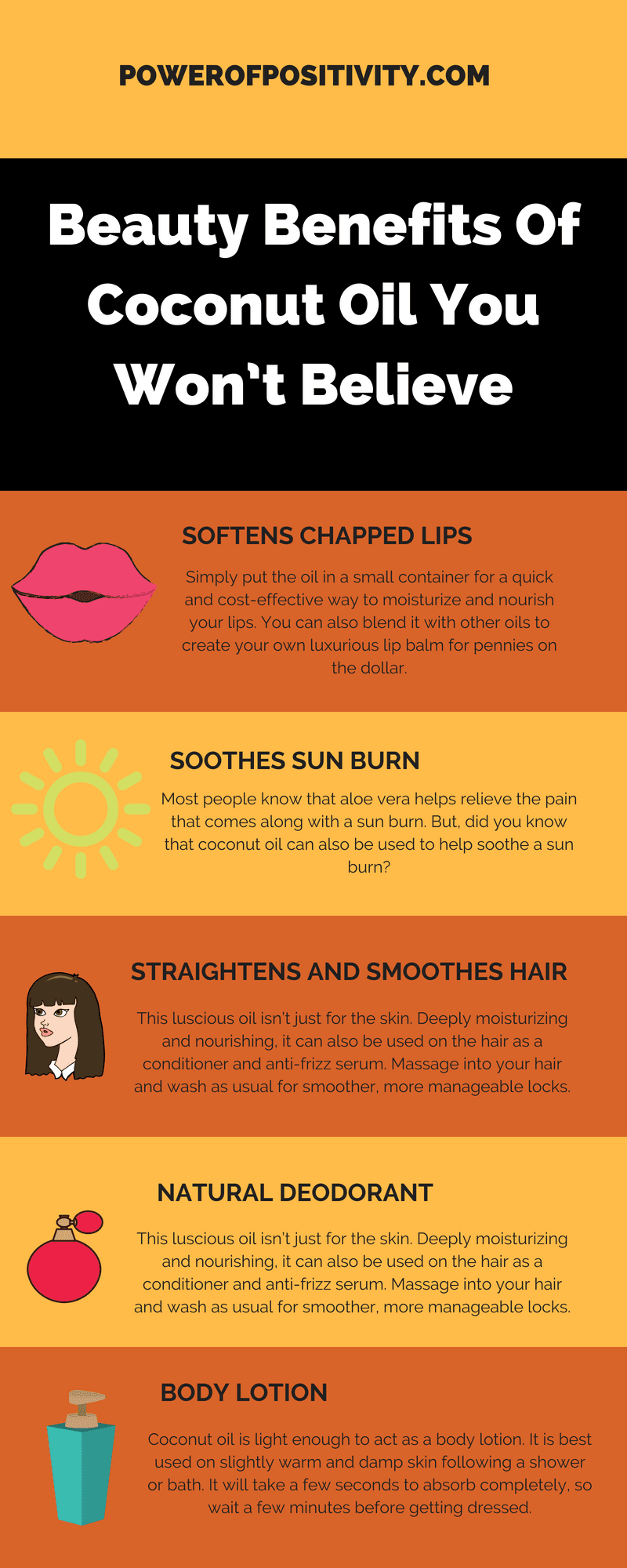<strong>A strong woman works hard to create the life they want to live. Living authentically is the key characteristic they share. It’s this trait that makes them who they are. Furthermore, they aren’t willing to jeopardize what they have worked for.
As such, they often come off as independent women that don’t need a man to be happy. And this might be true on some level. However, most do want a relationship that compliments what they stand for and what they have accomplished so far.
Don’t let the tough exterior fool you. An empowered woman is capable of loving deeply and fully and wants a meaningful relationship in her life. She is not, however, willing to compromise her ideals, her goals, or her life-long ambitions for it. She believes her wants and her relationship can coexist with the right man.
Here are 21 things to expect when you date a strong woman.
- Strong women are on a mission. Expect the mission to be an important theme in the relationship. Both will be equally important to her but don’t make her choose.
- Strong women like to be self-sufficient. Expect things to be difficult for her to take a step back and relinquish some control. Don’t worry, she will eventually become more comfortable taking a back seat when the time is right.
- Empowered women are creative and have an open mind so expect new ideas and potential change to be a constant topic of conversation.
- Strong women do not waste time on other people’s drama so do not try to engage in gossip or talking badly about others.
- Strong women are comfortable asking for what they want and need. So expect open and direct lines of communication with little sugar-coating.
- An independent woman takes care of themselves, so expect them to spend time and money on things that make them feel and look good.
-
Empowered women recharge alone, so don’t expect them to be available every waking moment.
- Strong women surround themselves with other empowered women and these relationships are important. Expect her to devote time and energy to these relationships as equally as she does yours.
- A Strong woman seeks information so expect her to question your feelings, where the relationship stands, and where it’s headed.
- Strong women are very clear on their visions, goals and want they want to accomplish in life so expect her to want to see similar ambitions in you.
- Strong women believe in the possibility, so expect her to look for solutions rather than giving up.
- Independent women recognize when things are not working and will immediately make the necessary changes to correct the course. You should expect action instead of endless discussion.
- Strong women let few people into her inner circle so expect her to put up some walls until she is sure you can be trusted and are comfortable with her headstrong ways.
- Empowered women have a strong sense of morality so expect your values to be questioned. She will not feel comfortable pursuing a relationship if your values do not align or are in conflict with hers.
-
A strong woman thrives on doing many things that matter to them, so expect activities and projects to have a purpose.
- Strong women don’t feel they need anyone else, that they alone are enough. Expect her to be conflicted about wanting to need you at first, but give it time and she will come around.
- Strong women are grateful for the abundance in their life and you can expect to actively practice gratitude throughout your relationship.
- An independent woman tends to focus on the positive and keep negativity at bay, so expect your negative thoughts to be questioned and challenged.
- Strong women accept responsibility, refuse to blame and won’t accept excuses so expect to be honest about your role in a situation. Once a situation is dealt with, consider it in the past because she doesn’t hold grudges.
- Strong women display a strong persona so expect to be a little intimidated. She will be slow to show her vulnerabilities.
- Strong women hold their fears of being hurt, being left, and becoming too dependent close to their heart so expect to work hard to win her love.
 Final Thoughts on Dating a Strong Woman
Final Thoughts on Dating a Strong Woman
Of course, an independent woman is much more than the things listed here. Thus, the important takeaway is to expect a relationship, not a dalliance. Today’s enlightened women rarely engage in a relationship that doesn’t serve her. So expect her to fully commit until you prove yourself.
Empowered ladies are tough yet vulnerable. Indeed, they love openly. But they will hold their feelings close and trust wholly only if you earn it. You have to be willing to peel back the layers to get to her heart. If you can get through the outer layers of a strong woman, you will be rewarded with a loving, honest and fulfilling relationship.








